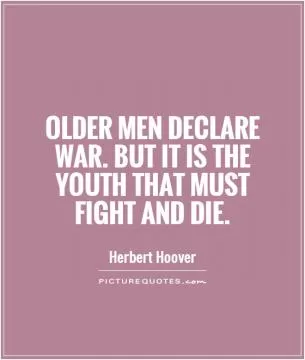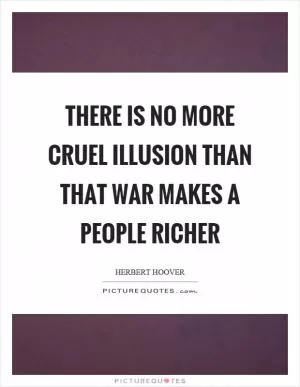In America today, we are nearer a final triumph over poverty than is any other land

In America today, we are nearer a final triumph over poverty than is any other land
Herbert Hoover, the 31st President of the United States, is often remembered for his handling of the Great Depression. However, one of his lesser-known achievements was his efforts to combat poverty in America. In a speech delivered in 1928, Hoover famously declared, “In America today, we are nearer a final triumph over poverty than is any other land.” This statement reflected his belief in the potential for the United States to lead the way in eradicating poverty and creating a more prosperous society for all.During his presidency, Hoover implemented a number of policies aimed at alleviating poverty and promoting economic growth. He believed in the power of individual initiative and self-reliance, and sought to create opportunities for Americans to lift themselves out of poverty through hard work and determination. One of his key initiatives was the creation of the Reconstruction Finance Corporation, which provided loans to struggling businesses and helped stabilize the economy during the early years of the Great Depression.
Hoover also believed in the importance of education and vocational training as a means of empowering individuals to improve their economic circumstances. He supported the expansion of educational opportunities for all Americans, and worked to create programs that would help people develop the skills they needed to succeed in the workforce. By investing in education and training, Hoover believed that the United States could create a more skilled and productive workforce that would drive economic growth and reduce poverty.
While Hoover’s efforts to combat poverty were well-intentioned, they were ultimately overshadowed by the severity of the Great Depression. The economic crisis that began in 1929 devastated millions of Americans, leading to widespread unemployment, homelessness, and suffering. Despite his best efforts, Hoover was unable to prevent the worst effects of the Depression, and his presidency is often remembered as a time of great hardship and despair for many Americans.












 Friendship Quotes
Friendship Quotes Love Quotes
Love Quotes Life Quotes
Life Quotes Funny Quotes
Funny Quotes Motivational Quotes
Motivational Quotes Inspirational Quotes
Inspirational Quotes